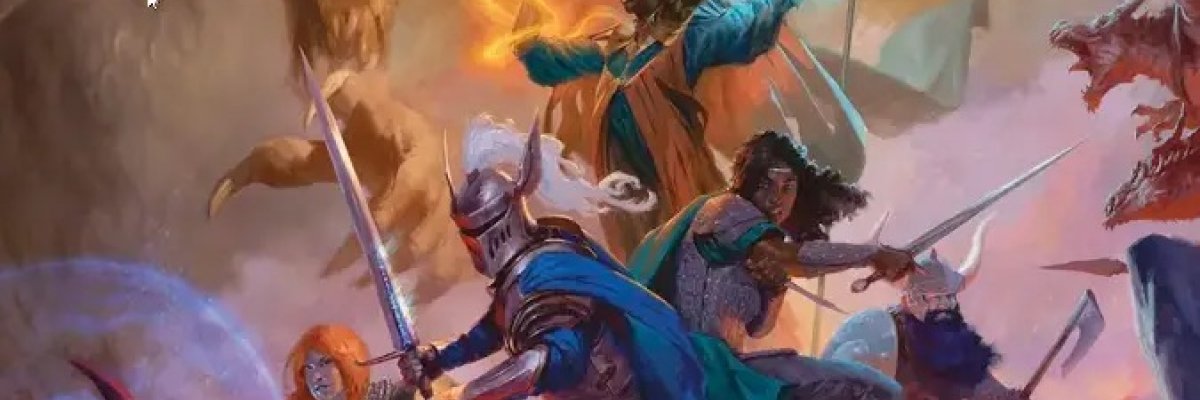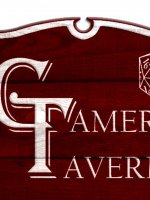Wizards of the Coast posted an overnight update stating that they are not going forward with previously released plans to require those wishing to use some 2014 content on D&D Beyond to use the Homebrew function to manually enter it. Instead, all the content including spells and magic items will be included. From the update:

D&D (2024) - How D&D Beyond Will Handle Access To 2014 Rules
D&D Beyond has announced how the transition to the new 2024 edition will work on the platform, and how legacy access to the 2014 version of D&D will be implemented. You will still be able to access the 2014 Basic Rules and core rulebooks. You will still be able to make characters using the 2014...
 www.enworld.org
www.enworld.org
Last week we released a Changelog detailing how players would experience the 2024 Core Rulebooks on D&D Beyond. We heard your feedback loud and clear and thank you for speaking up.
Our excitement around the 2024 Core Rulebooks led us to view these planned updates as welcome improvements and free upgrades to existing content. We misjudged the impact of this change, and we agree that you should be free to choose your own way to play. Taking your feedback to heart, here’s what we’re going to do:
Players who only have access to the 2014 Player’s Handbook will maintain their character options, spells, and magical items in their character sheets. Players with access to the 2024 and 2014 digital Player’s Handbooks can select from both sources when creating new characters. Players will not need to rely on Homebrew to use their 2014 player options, including spells and magic items, as recommended in previous changelogs.
Please Note:
Players will continue to have access to their free, shared, and purchased items on D&D Beyond, with the ability to use previously acquired player options when creating characters and using character sheets.
We are not changing players’ current character sheets, except for relabeling and renaming. Examples include Races to Species, Inspiration to Heroic Inspiration, and Cast Spell to Magic.
We’re dedicated to making D&D Beyond the ultimate digital toolset for Dungeons & Dragons, continuously enhancing the platform to ensure you can create, customize, and play your game just as you envision it. From your first one-shot to multi-year campaigns and everything in between, we're grateful to be on this journey with you.
- The D&D Studio
Our excitement around the 2024 Core Rulebooks led us to view these planned updates as welcome improvements and free upgrades to existing content. We misjudged the impact of this change, and we agree that you should be free to choose your own way to play. Taking your feedback to heart, here’s what we’re going to do:
Players who only have access to the 2014 Player’s Handbook will maintain their character options, spells, and magical items in their character sheets. Players with access to the 2024 and 2014 digital Player’s Handbooks can select from both sources when creating new characters. Players will not need to rely on Homebrew to use their 2014 player options, including spells and magic items, as recommended in previous changelogs.
Please Note:
Players will continue to have access to their free, shared, and purchased items on D&D Beyond, with the ability to use previously acquired player options when creating characters and using character sheets.
We are not changing players’ current character sheets, except for relabeling and renaming. Examples include Races to Species, Inspiration to Heroic Inspiration, and Cast Spell to Magic.
We’re dedicated to making D&D Beyond the ultimate digital toolset for Dungeons & Dragons, continuously enhancing the platform to ensure you can create, customize, and play your game just as you envision it. From your first one-shot to multi-year campaigns and everything in between, we're grateful to be on this journey with you.
- The D&D Studio



